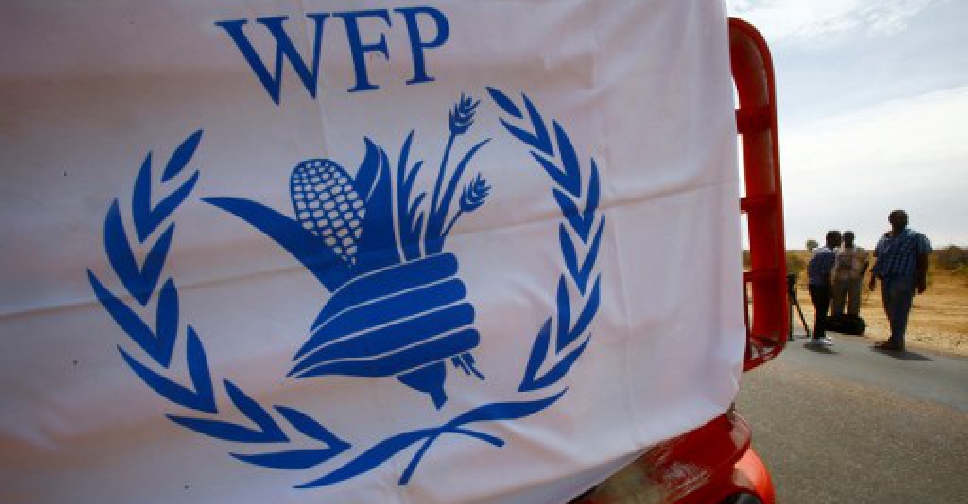
AI-powered robotic vehicles could deliver food parcels to conflict and disaster zones by as early as next year in a move aimed to spare the lives of humanitarian workers.
That's according to a World Food Programme (WFP) official who spoke to Reuters.
Attacks against aid workers have intensified in recent years amid the highest number of violent conflicts since World War Two, according to the United Nations.
WFP, the UN's food aid agency, alone lost three workers earlier this year in Sudan's conflict.
"Sometimes it's too dangerous to send in a driver or WFP staff. So using that technology could actually be a step change," said Bernhard Kowatsch, who heads the WFP's innovation department.
Kowatsch was speaking on the sidelines of a conference organised by the International Telecommunication Union in Geneva to make the case for AI to help reach UN global goals, such as eliminating hunger.
The trucks are amphibious and can carry about 1-2 tonnes of food each.
They were first conceived during the battle for Syria's Aleppo, between 2012 and 2016, when humanitarian workers struggled to get aid to besieged parts of the city, Kowatsch said.
Air drops were expensive and required large spaces not readily available in that part of Syria, he added.
The UN agency is already using about 50 of the vehicles in South Sudan but they currently require drivers.
As part of the AHEAD (Autonomous Humanitarian Emergency Aid Devices) project with the German Aerospace Center (DLR), WFP will test them without drivers early next year, Kowatsch said.
AI is used to combine data gleaned from various sources including satellite and sensors, allowing remote drivers to steer the vehicles.
South Sudan, where some 7.7 million people face severe food insecurity and flooding hampers access, is set to be the first place for the roll-out, Kowatsch said.

 UK inquiry finds 'chilling' cover-up of infected blood scandal
UK inquiry finds 'chilling' cover-up of infected blood scandal
 Iranian President Raisi killed in helicopter accident, state media says
Iranian President Raisi killed in helicopter accident, state media says
 ICC prosecutor seeks arrest warrants for Israeli, Hamas leaders
ICC prosecutor seeks arrest warrants for Israeli, Hamas leaders
 Assange given permission to appeal against US extradition
Assange given permission to appeal against US extradition
 Israel intends to broaden Rafah sweep, Defence Minister tells US
Israel intends to broaden Rafah sweep, Defence Minister tells US




